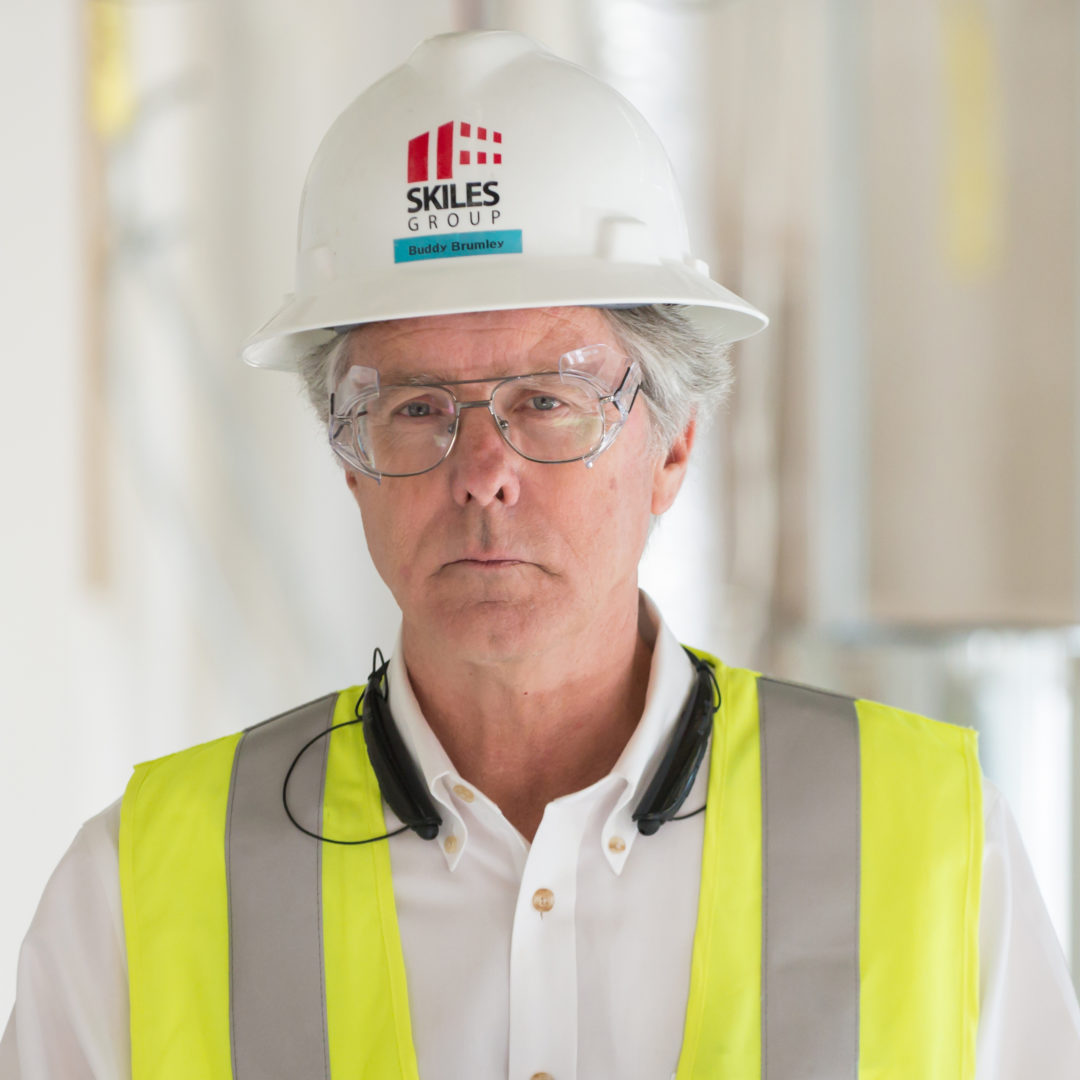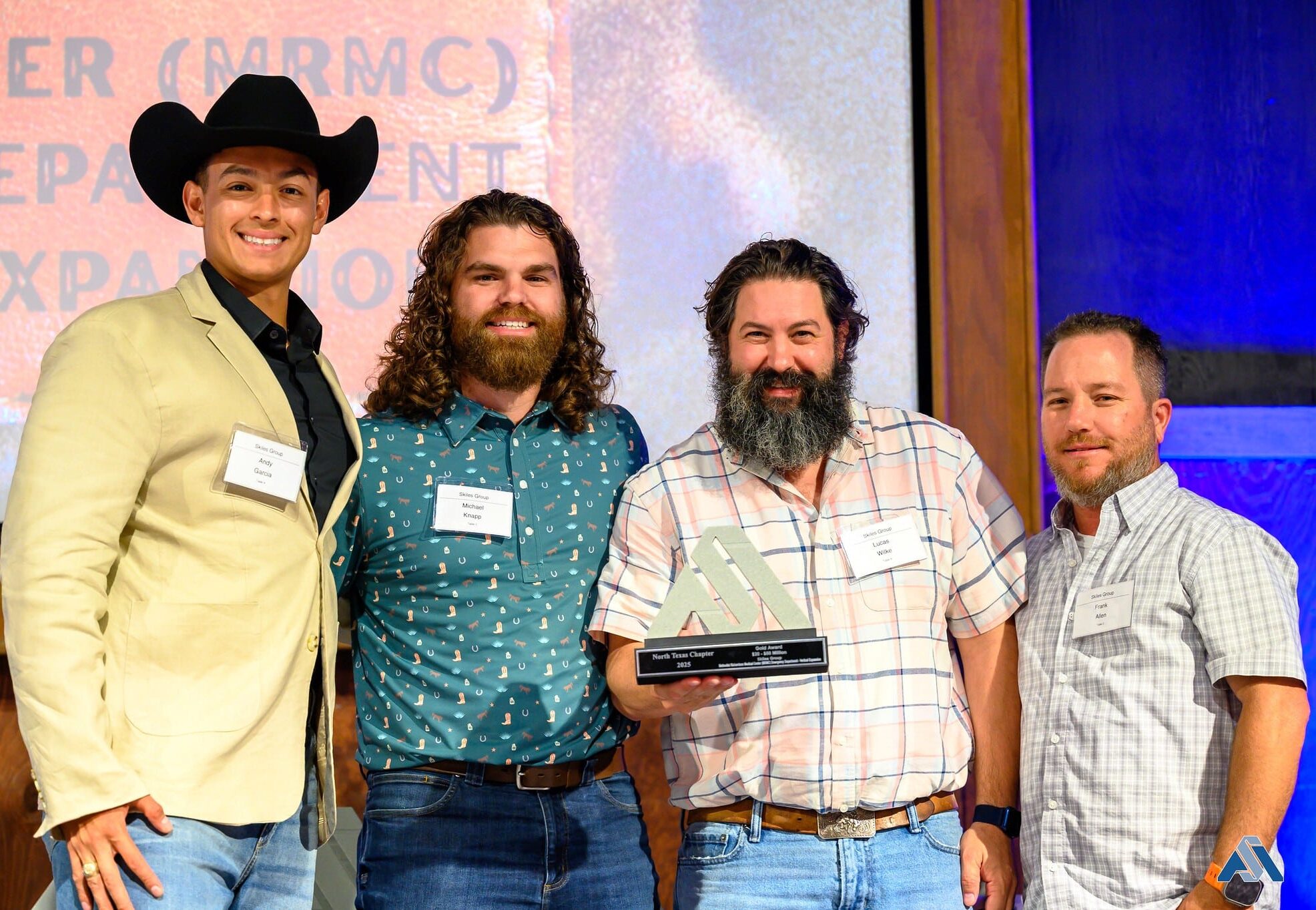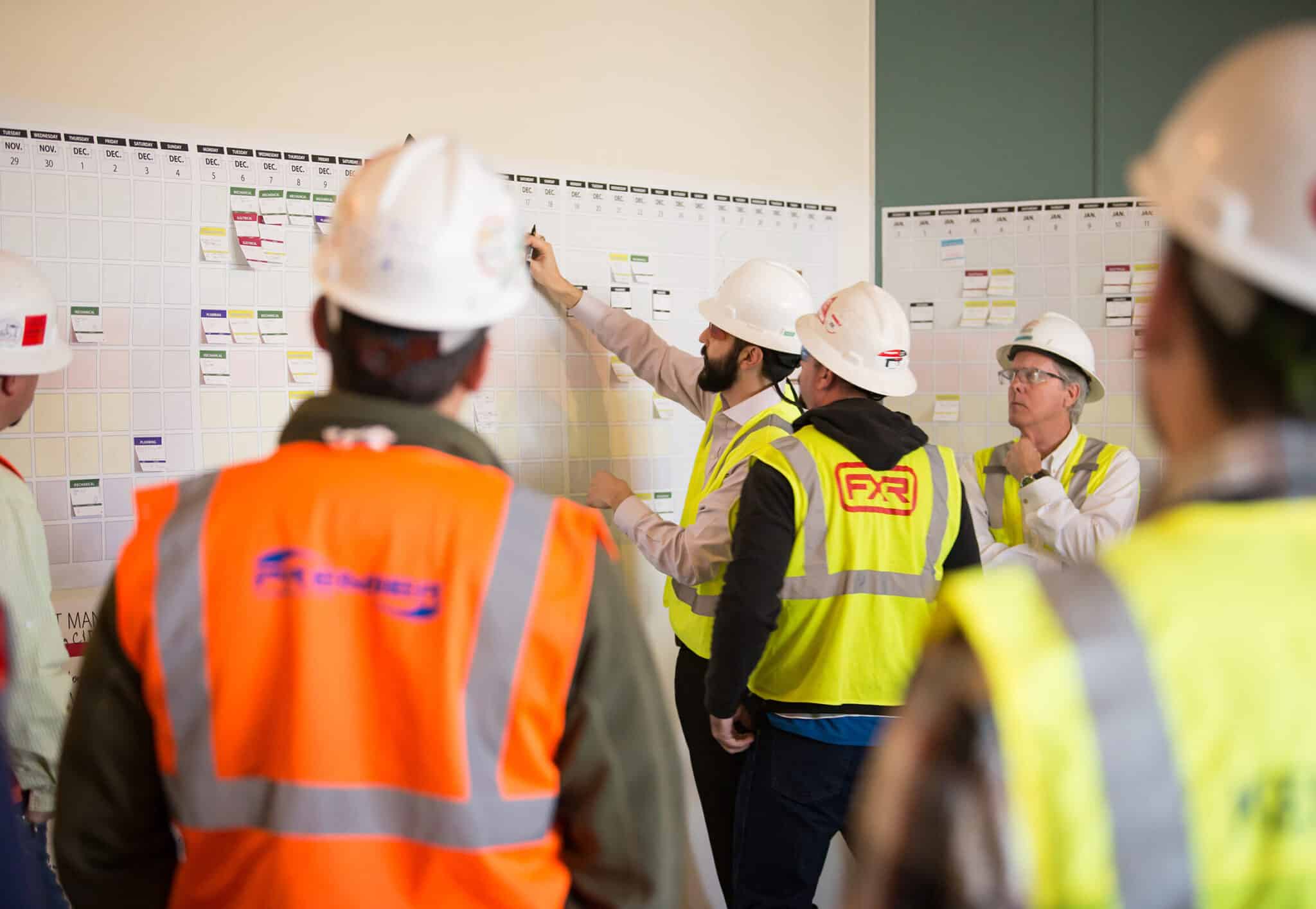I have seen and survived a lot in my 40 years as a superintendent in the construction industry. However, none of those experiences could have prepared me for the challenges associated with the COVID-19 pandemic. This year was hard on many, for different reasons. As for me, I lost a couple of mentors who helped shape my career. The efforts these men took to share their knowledge and experience with me helped to mold me into the superintendent I am today. These two old school builders worked into their 70s and really didn’t want to leave the industry when their time came. The feeling of a team’s chemistry—being a part of something bigger than yourself and sharing in the joy of a project’s accomplishment—was one of the hardest things for them to walk away from when they retired.
Finishing the Job
One of these men was my dad. I remember he liked to say, “Buddy, one of these days I’m going to write a book on how to finish a job,” and I would always reply that I’d be the first in line to buy a copy. As most builders know, finishing a project is always the hardest part.
I have tried so many ways to push, pull, or even drag trade partners across the finish line. Over the years, in some ways, it has gotten easier. I’ve stayed on top of the latest technologies and methodologies. These days, in the field we use BIM models, drones, 360 cameras, and cloud-based technology. Through Lean Construction we have the Last Planner® System and the benefits that go along with that.
But in other ways, it has gotten harder. Sometimes I think that today we are missing important things from the past. It’s common to hear someone talk about an old school superintendent in a negative way, implying that they can’t (or won’t) keep pace with technology, aren’t a team player, and run their projects with a hot head and loud voice. And while that stereotype may be true for some, I am here to tell you that we are all standing on the shoulders of giants: the builders who came before us. The traditional builders who learned things the hard way. The only computers they carried were the ones in their heads, assembled through decades of experience and learning from their mistakes.
Old School Construction Tips
They also built by a code that you don’t see too often. I think the code ties in well with Lean thinking and so in honor of these men—and for those who are on our Lean journey, who are always ready to learn new things—today, I’d like to take us back to “old school construction” and share five tips for “new school” builders.
Tip 1: Follow the Golden Rule.
The Golden Rule is the principle of treating others as you want to be treated. Back in the day, in the field it was all about keeping your word and about showing respect. What my mentors showed me was how to manage all kinds of day-to-day challenges, defuse difficult situations, and to be sure to treat others on the jobsite with respect regardless of their title or role on the project. Each time you live up to the Golden Rule, your reputation is enhanced; each time you fail, it is diminished. The Golden rule is the ultimate Lean concept of respect for people.
Tip 2: Admit your own mistakes before others hold you accountable.
This tip can be hard to do if you don’t have self-awareness. We make a lot of decisions on the fly sometimes, just trying to keep our projects moving. But every decision can’t be a winner, and it takes a big person to be willing to acknowledge that with their team. Admitting your mistakes shows vulnerability, and vulnerability can build a trust that allows others to be open and honest, too. (Along these lines, one thing I’ve learned is that if the superintendent is always the first one to share their idea or solution in a meeting, chances are good that the others might be too afraid to speak up—and one of those people might have had a better idea.)
Tip 3: Failing is an essential part of success.
My mentors taught me that success is a poor teacher. Failure is crucial to learning—and it’s just part of the business of construction. It’s not about what you do or say when things are running smoothly; it’s about how you react and respond when you fail or make mistakes. I have had plenty of jobs finish ugly and, because they did, I learned from them. What we learn from these kinds of projects propel us forward and make better superintendents out of us, every time. This plays nicely with the Lean concept of continuous improvement.
Tip 4: Servant leadership is key, so lead by example.
Servant leaders put the team ahead of themselves and aren’t above rolling up their sleeves to work alongside them. The old school guys had it: they led by doing. We don’t build these jobs by ourselves—it takes the whole team doing their part to get all of us to the finish line. We can’t expect others to perform if we don’t first do our part. I see my success as a servant leader as being measured by the growth and successes of the people I lead. Thinking about the younger generation of builders and being able to mentor them keeps me wanting to put my boots on every day.
Tip 5: Stay humble.
A favorite proverb of mine is “When pride comes, disgrace follows, but with humility comes wisdom.” Humility is defined as a modest or low view of one’s own importance. Humbleness. This requires honesty in your own self-assessment and a willingness to hear feedback, and an appreciation of other’s strengths and contributions. This type of thinking has benefited me throughout my years. It reminds me to keep an open mind for new ideas, and not to push to always have things “my way” in the field.

Lean Construction is really transforming our business. My dad loved hearing about the tools and processes I was using, and how giving our trade partners a voice makes a real difference and helps to keep everyone accountable on the jobsite. But as we keep our minds moving forward, don’t forget to look back to where we came from and appreciate the lessons we can still learn from the “old school.” In my opinion, the future of our industry will need both.
This was written for The Lean Builder’s blog; you can read it here: https://theleanbuilder.com/old-school-construction-lessons-for-new-school-builders/




